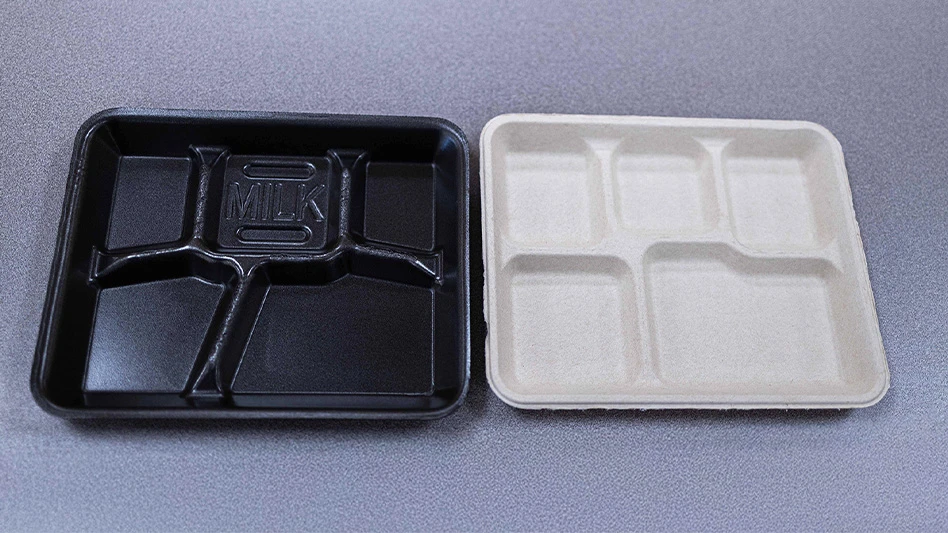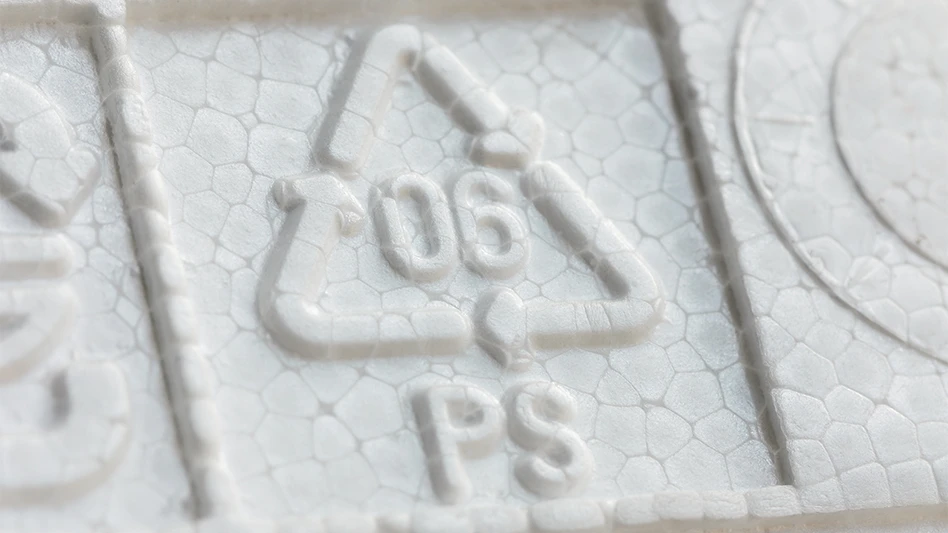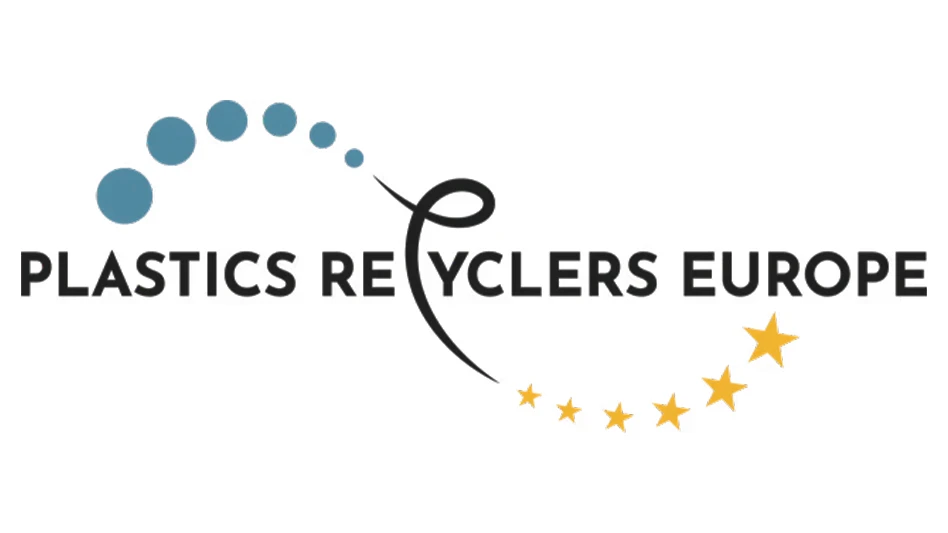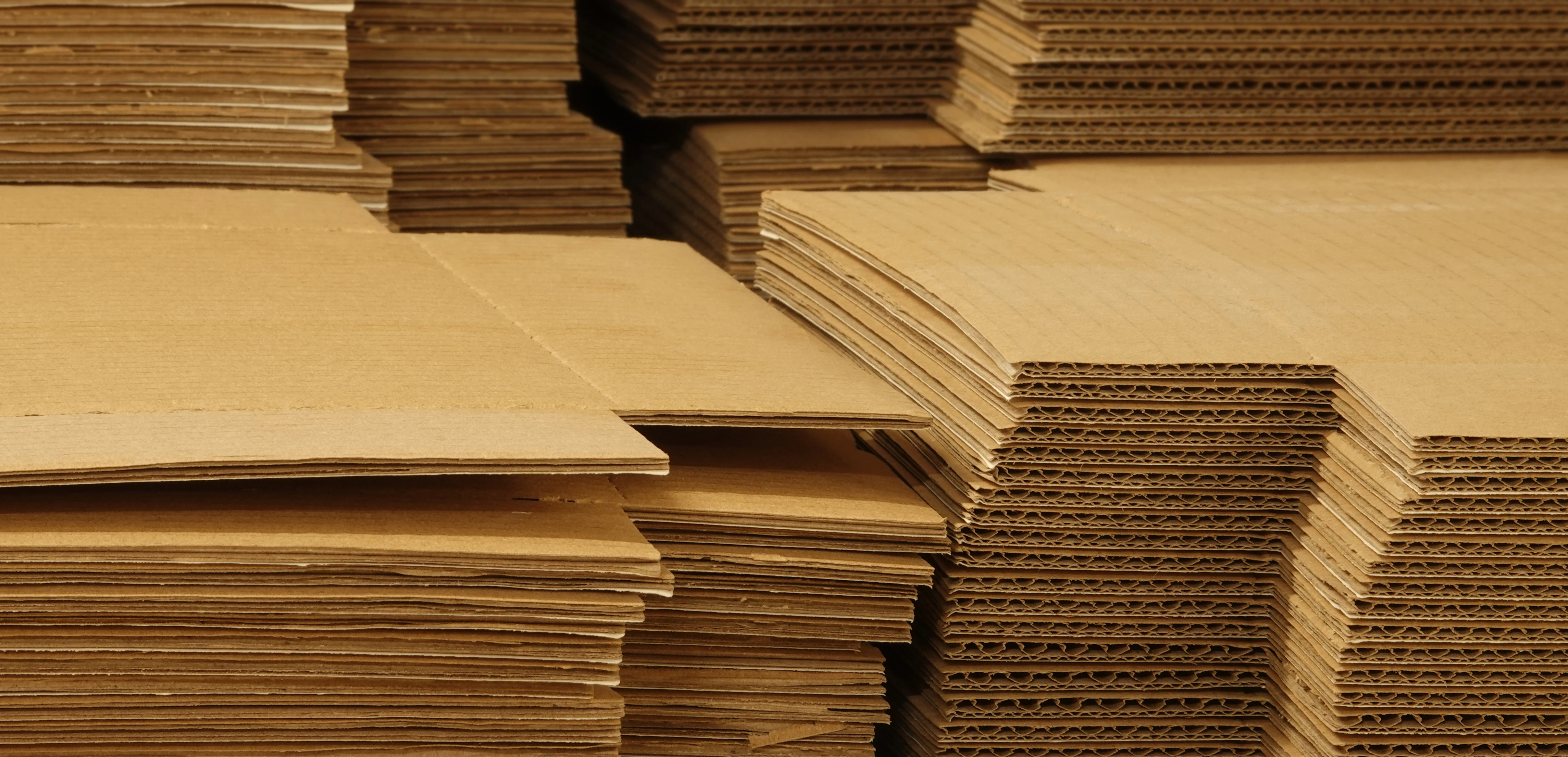
Photo courtesy of Vadim Kozlovsky
Tetra Pak, a food packaging manufacturer based in Lund, Sweden, has announced plans to invest in four recycling facilities in Turkey, Saudi Arabia, Ukraine and Australia. Once operational, the sites are expected to recycle up to 45,000 metric tons of postconsumer cartons annually.
According to a news release from Tetra Pak, the company has co-invested more than 11.5 million euros to help set up the facilities. The money will go to building recycling capacity via cross-border cooperation in Saudi Arabia, expanding that capacity by 50 percent in Turkey, tripling the production capacity for the carton's PolyAl element in Ukraine and leveraging a public/ private partnership in Australia.
The company says these projects will enable the recycling of all components of a used carton, transforming them into quality materials and goods. Once fully operational, the new solutions will process up to an additional 45,000 metric tons of used cartons, enabling global carton package recycling to exceed 50 billion units per year.
“Carton packages are recycled across the globe, where efficient waste management and recycling infrastructures are in place,” says Tatiana Liceti, executive vice president for market operations at Tetra Pak. “Accelerating this requires all stakeholders to play an active role, including governments, local authorities, producers and consumers. Sustainability is one of the top three priorities for our customers, and these new facilities will help contribute towards meeting their goals.”
According to the Tetra Pak Index, about 50 percent of consumers are likely to recycle more this year as part of their contribution to tackling climate change. In addition, when asked who should find solutions to environmental and waste issues, consumers rank packaging companies third, behind food and beverage brands and governments.
“With more time being spent at home due to COVID-19 restrictions, the household waste ‘footprint’ is more visible,” says Lars Holmquist, executive vice president for sustainability and communications at Tetra Pak. “In a bid to address this, consumers are adapting their daily routines and taking greater action. We are helping them on this journey by raising awareness on how they can actively help recycle, while co-investing in expanding recycling capacity and developing innovative technologies so that postconsumer carton packages can be reintroduced into the economy.”
Latest from Recycling Today
- In memoriam: Marcel Braud
- PCA sees improving box demand in latest earnings report
- S&P Global Energy Aluminum Symposium 2026: Debating scrap export policy
- Graphic Packaging CEO: ‘External environment remains challenged near term’
- Recycling Today Media Group, NWRA launch new Safety First webinar series
- Mueller retains profitability amid copper volatility
- Partnership will explore Great Lakes-river system connections
- Viably adds Maverick Equipment as dealer





